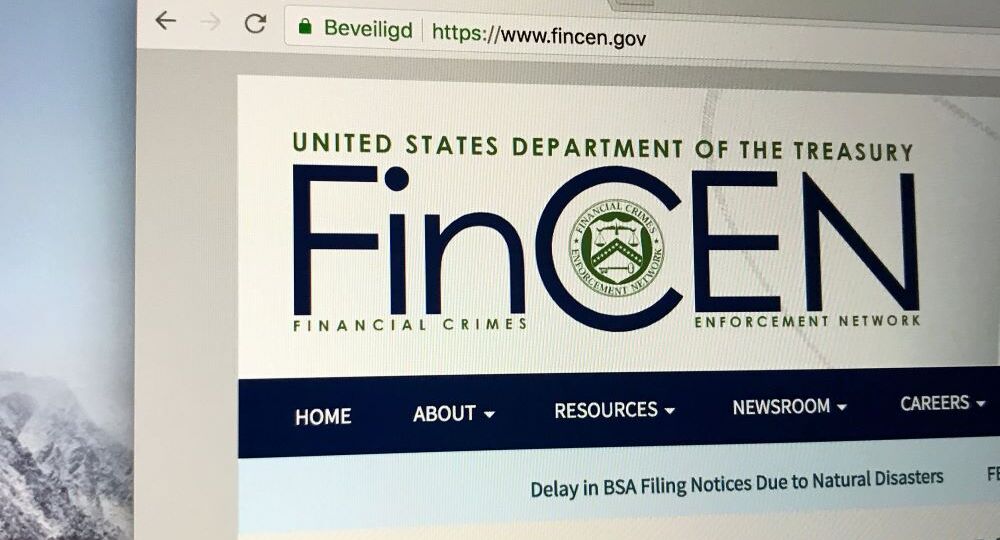Benefits of Annual Budgeting
I n the last quarter of the year, many Denver businesses undergo the task of reviewing the prior year’s expenses to establish the next year’s budget. Not only does it allow a company to review the effectiveness of investments made in policies, programs, and people, but it is also a time to set future direction. Concurrently, it is an important tool that helps manage cash flow and provides management with important period-to-period comparison opportunities.
n the last quarter of the year, many Denver businesses undergo the task of reviewing the prior year’s expenses to establish the next year’s budget. Not only does it allow a company to review the effectiveness of investments made in policies, programs, and people, but it is also a time to set future direction. Concurrently, it is an important tool that helps manage cash flow and provides management with important period-to-period comparison opportunities.
The ideal time to start the budgeting process is in October and November. Not only are the expense numbers more accurate but it avoids routine end-of-year activities which can often distract attention. However, if a company does not have experience with building or refining a budget, it can be difficult to identify where to start. To help clients, prospects, and others, Whipplewood CPAs has provided a summary of the key points below.
What Makes a Good Budget?
While most business owners have some experience classifying expenses and tracking how money has been spent, there are other considerations to make. An effective budget should include information on estimated revenue, fixed and variable costs, and one-time expenses, and ensure a positive cash flow. It should be updated regularly, easy to read and provide management with a clear understanding of the organization’s financial position. Without the ability to understand financial performance, it is difficult to make informed decisions.
Key Budget Considerations
The budget will address the seasonality and timing of new hires. It should also consider potential increases in cost for things like rent, insurance, and supplies.
A great budget will take it to the next level, including planned investing and financing activities, and cash flow timing estimates.
If the business will be adding employees, it might be necessary to obtain larger office space or purchase home office set-ups for the new staff. It might be necessary to add equipment to a factory or obtain new delivery trucks. There could be any number of cash requirements that don’t present themselves as immediate expenses on the Income Statement.
Seasonal revenue could mean that the business will be flush with cash during certain months of the year, but could struggle to cover operating expenses in other months.
A growing business may find that while it is necessary to pay employees as they complete their work, the invoice to the customer won’t go out until after the fact and will include 30-day payment terms.
It may be necessary to obtain a loan or line of credit or invest additional capital to cover costs until revenue growth catches up to increased expense run rates. Think of the caterpillar effect – sometimes resources are bunched up, close, and readily available, but sometimes they are stretched thin, causing the stress if not planned for.
Contact Us
Annual budgeting provides management with the mechanism and tools to not only manage cash flow but also make informed financial decisions. If your business does not conduct budgeting now may be the time to get started. If you have questions about the information outlined above or need assistance with another tax or accounting issue, Whipplewood CPAs can help. For additional information call 303-989-7600 or click here to contact us. We look forward to speaking with you soon.
About the Author

Randall Joens CPA
Randall serves as the Director in charge of the firm’s Client Advisory Service (CAS) practice. In this role, he works with organizations to bolster their accounting function, drive efficiencies, maintain compliance with regulatory bodies, enhance financial reporting, and empower management to make more informed and effective decision making.



